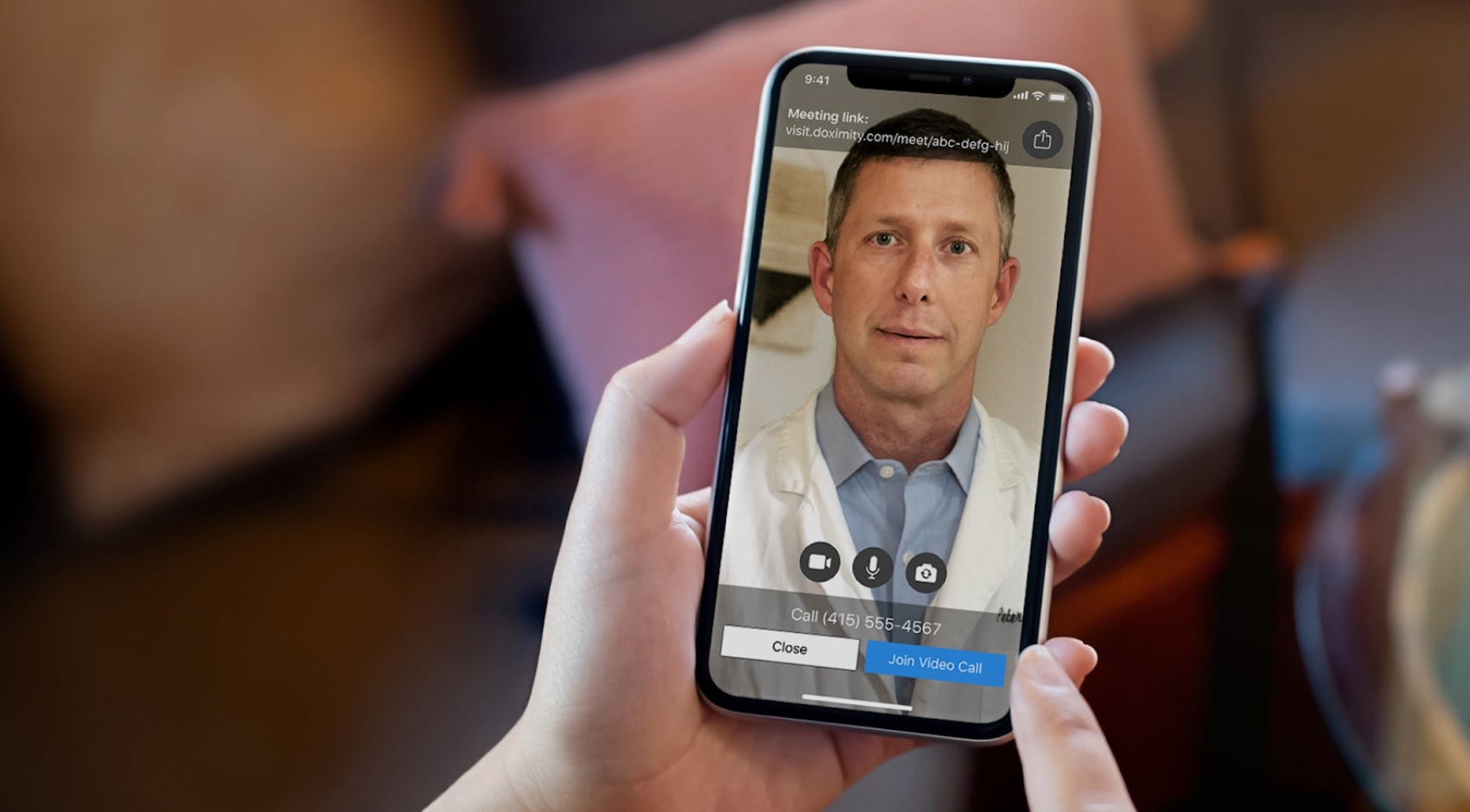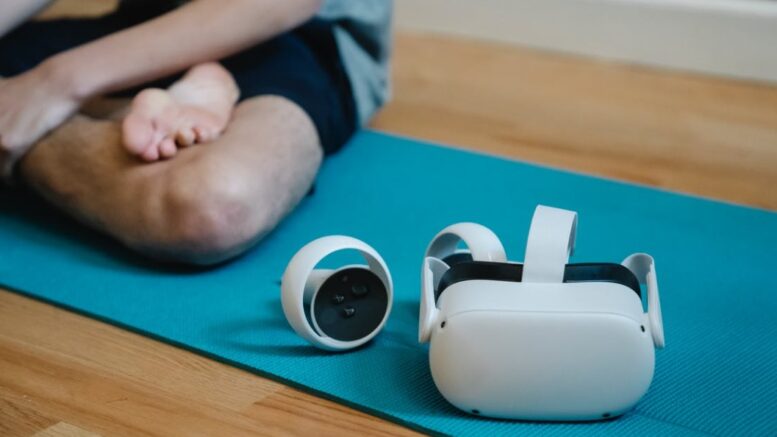In today’s fast-paced, technology-driven world, the concept of virtual health coaching is gaining momentum as a convenient and effective way to support individuals in their quest for optimal well-being. Hiring a virtual health coach is an excellent way to gain access to personalized nutrition, exercise, and lifestyle guidance from the comfort of your own home. You can choose when and how often you communicate with your coach and have them customize a program that fits into your unique lifestyle.
This blog post aims to provide an in-depth exploration of virtual health coaching, including its purpose, benefits, differences from in-person coaching, potential drawbacks, qualifications and licensing requirements, and how it fits into the larger healthcare landscape.
Defining Virtual Health Coaching
Virtual health coaching refers to the practice of providing personalized health and wellness guidance through digital platforms such as video calls, phone calls, messaging apps, or online portals. The primary purpose of virtual health coaching is to empower individuals to achieve their health goals by offering expert advice, support, and resources in a convenient and accessible manner.
The Benefits of Virtual Health Coaching
There are several advantages to virtual health coaching, including:
- Accessibility: Virtual health coaching allows clients to connect with their coaches from anywhere, making it a valuable resource for those with limited access to local health professionals or busy schedules.
- Flexibility: Clients can schedule sessions at times that work best for them, allowing for greater adherence to their health and wellness plans.
- Personalization: Virtual health coaches can tailor their approach to each client’s unique needs, preferences, and goals, resulting in more effective and sustainable outcomes.
- Cost-effectiveness: In many cases, virtual health coaching can be more affordable than in-person coaching, as there are no travel costs or facility fees involved.
Comparing Virtual and In-Person Health Coaching
While virtual health coaching offers numerous benefits, there are some key differences when compared to in-person coaching:
- Interaction: Virtual coaching relies on technology for communication, which may lack the personal touch and nonverbal cues present in face-to-face interactions.
- Accountability: Some clients may find it easier to stay accountable in an in-person coaching relationship due to the physical presence of their coach.
- Technology requirements: Clients must have access to a reliable internet connection and compatible devices to participate in virtual health coaching.

Potential Drawbacks
Although virtual health coaching has many advantages, there are some potential drawbacks to consider:
- Privacy concerns: Handling sensitive health information through digital platforms can raise privacy concerns and require strict adherence to data protection guidelines.
- Technology limitations: Technical difficulties or connectivity issues can disrupt the flow of coaching sessions and impact the overall experience.
Qualifications and Licensing Requirements
Virtual health coaches should possess appropriate qualifications and credentials in their fields of expertise, such as nutrition, exercise science, or mental health counseling. Additionally, they should be knowledgeable about digital communication tools and adhere to professional, ethical guidelines and standards.
The Science Behind Virtual Health Coaching
Research shows that virtual health coaching can be an effective tool in supporting individuals to achieve their health goals. Studies have found that virtual coaching can lead to improvements in weight management, physical activity levels, dietary habits, and mental well-being. As a result, virtual health coaching is becoming increasingly recognized as a valuable component of the larger healthcare landscape.
Virtual Health Coaching Products and Services
There are numerous virtual health coaching products and services available on the market, each offering unique features and benefits. Some popular options include:
- Health coaching apps: These apps connect users with certified health coaches for personalized guidance and support through messaging or video calls.
- Online wellness programs: These comprehensive programs offer a combination of virtual coaching, educational resources, and community support to help clients achieve their health goals.
In Conclusion
Virtual health coaching is revolutionizing the way we approach wellness by offering accessible, flexible, and personalized support for individuals seeking to improve their health. While there are some differences and potential drawbacks compared to in-person coaching, the benefits of virtual health coaching make it an attractive option for many. As you embark on your wellness journey, consider exploring the world of virtual health coaching and taking advantage of the expert guidance and resources available at your fingertips.
